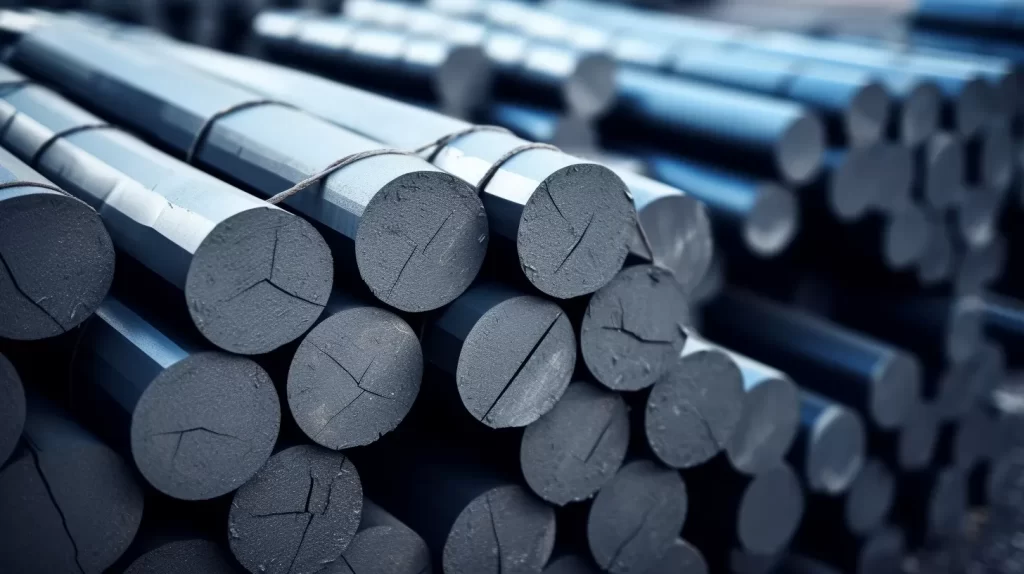
ASX-listed Syrah Resources’ Balama graphite operation in Mozambique remained suspended for the third consecutive quarter, with the company attributing the continued shutdown to ongoing protest action and a lack of government enforcement of its mining rights.
Production at the Balama site has been halted since mid-2024, initially due to disputes over farmland resettlement. However, the situation has since escalated, becoming entangled in broader election-related unrest.
As a result, Syrah has been unable to access the site or resume operations, and its graphite inventories have been depleted, halting all sales until production can restart.
“Production is required to replenish depleted inventory positions for sales to recommence,” the company stated in its March quarterly update.
Graphite sales plummeted to just 1,300 tonnes in the March quarter, compared to 8,700 tonnes in the December 2024 quarter and 20,100 tonnes in the same period a year earlier.
Despite the shutdown, Balama’s C1 fixed costs remain around $3 million per month (FOB), though temporary cost-saving measures have been implemented.
Syrah declared force majeure under its Balama Mining Agreement in 2024, a status that remains in effect.
While the company reached a resolution and signed an agreement with the original group of resettled farmers, a small group of individuals—described as having “no legitimate reason nor claim”—continues to block site access. Government authorities have so far failed to enforce Syrah’s legal right to access the mine.
Although a final court order in March upheld a provisional injunction against the protestors, enforcement has stalled.
“It is uncertain whether the injunction will be administered by District authorities and if it will be effective,” the company noted. Syrah has since filed an application to make the injunction permanent.
The ongoing protests have also hindered Syrah’s ability to implement its social development programs in the region.
Nevertheless, the company reaffirmed its commitment to sustainability, community engagement, and governance.
The delay in resolving the issue has been compounded by broader civil unrest and the late formation of Mozambique’s new government in January 2025.
Syrah has not provided any timeline for the resumption of operations at Balama.
Balama is one of the world’s largest natural graphite mines and plays a central role in Syrah’s integrated supply strategy with its downstream active anode material (AAM) facility in Vidalia, Louisiana, USA.
Sales from Vidalia are expected to begin this year, pending progress on customer qualification, U.S. policy updates, and market dynamics related to Chinese AAM imports.
Meanwhile, the final investment decision for expanding Vidalia to a 45,000 t/y facility hinges on securing further sales contracts and financing. Syrah has been awarded a $165-million Section 48C tax credit to support the expansion.
The company closed the March quarter with a cash balance of $66 million, including $44 million in restricted funds.
Of this, $9 million is available for Balama operations and capital costs, while $11 million is allocated to Vidalia.





